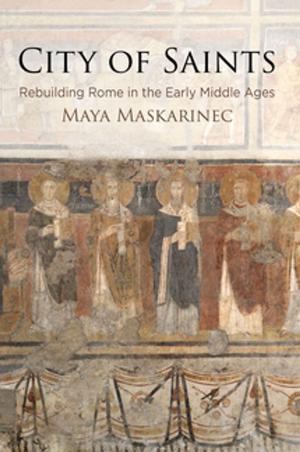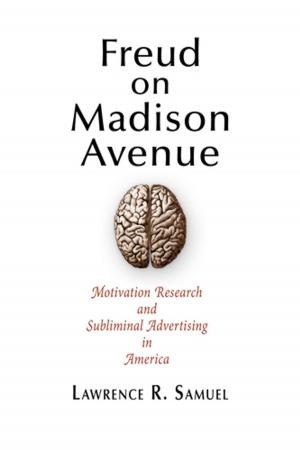Power Play
The Literature and Politics of Chess in the Late Middle Ages
Fiction & Literature, Literary Theory & Criticism, Medieval, Ancient & Classical| Author: | Jenny Adams | ISBN: | 9780812201048 |
| Publisher: | University of Pennsylvania Press, Inc. | Publication: | March 1, 2013 |
| Imprint: | University of Pennsylvania Press | Language: | English |
| Author: | Jenny Adams |
| ISBN: | 9780812201048 |
| Publisher: | University of Pennsylvania Press, Inc. |
| Publication: | March 1, 2013 |
| Imprint: | University of Pennsylvania Press |
| Language: | English |
The game of chess reached western Europe by the year 1000, and within several generations it had become one of the most popular pastimes ever. Both men and women, and even priests played the game despite the Catholic Church's repeated prohibitions. Characters in countless romances, chansons de geste, and moral tales of the eleventh through twelfth centuries also played chess, which often symbolized romantic attraction or sexual consummation.
In Power Play, Jenny Adams looks to medieval literary representations to ask what they can tell us both about the ways the game changed as it was naturalized in the West and about the society these changes reflected. In its Western form, chess featured a queen rather than a counselor, a judge or bishop rather than an elephant, a knight rather than a horse; in some manifestations, even the pawns were differentiated into artisans, farmers, and tradespeople with discrete identities.
Power Play is the first book to ask why chess became so popular so quickly, why its pieces were altered, and what the consequences of these changes were. More than pleasure was at stake, Adams contends. As allegorists and political theorists connected the moves of the pieces to their real-life counterparts, chess took on important symbolic power. For these writers and others, the game provided a means to figure both human interactions and institutions, to envision a civic order not necessarily dominated by a king, and to imagine a society whose members acted in concert, bound together by contractual and economic ties. The pieces on the chessboard were more than subjects; they were individuals, playing by the rules.
The game of chess reached western Europe by the year 1000, and within several generations it had become one of the most popular pastimes ever. Both men and women, and even priests played the game despite the Catholic Church's repeated prohibitions. Characters in countless romances, chansons de geste, and moral tales of the eleventh through twelfth centuries also played chess, which often symbolized romantic attraction or sexual consummation.
In Power Play, Jenny Adams looks to medieval literary representations to ask what they can tell us both about the ways the game changed as it was naturalized in the West and about the society these changes reflected. In its Western form, chess featured a queen rather than a counselor, a judge or bishop rather than an elephant, a knight rather than a horse; in some manifestations, even the pawns were differentiated into artisans, farmers, and tradespeople with discrete identities.
Power Play is the first book to ask why chess became so popular so quickly, why its pieces were altered, and what the consequences of these changes were. More than pleasure was at stake, Adams contends. As allegorists and political theorists connected the moves of the pieces to their real-life counterparts, chess took on important symbolic power. For these writers and others, the game provided a means to figure both human interactions and institutions, to envision a civic order not necessarily dominated by a king, and to imagine a society whose members acted in concert, bound together by contractual and economic ties. The pieces on the chessboard were more than subjects; they were individuals, playing by the rules.















